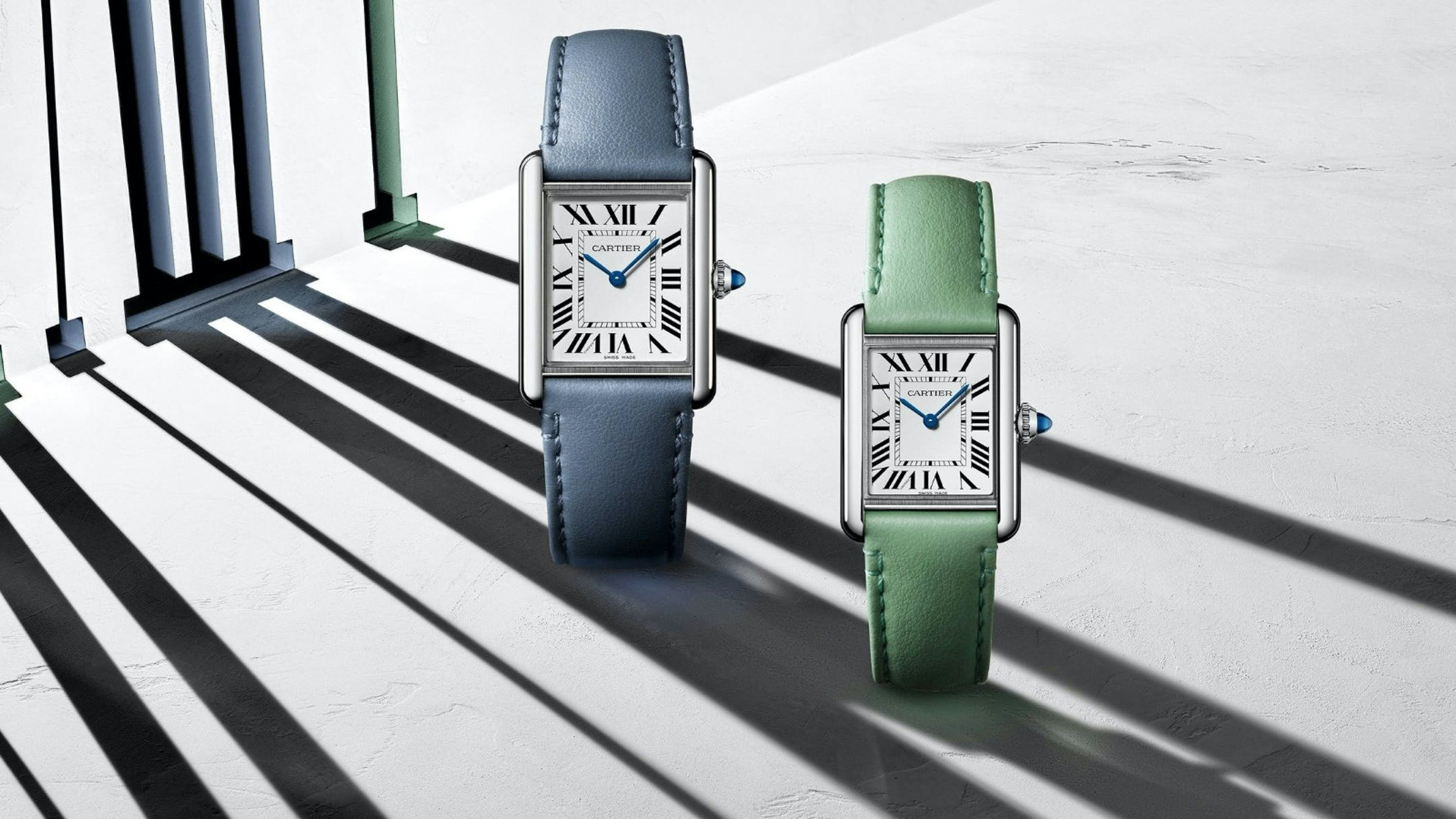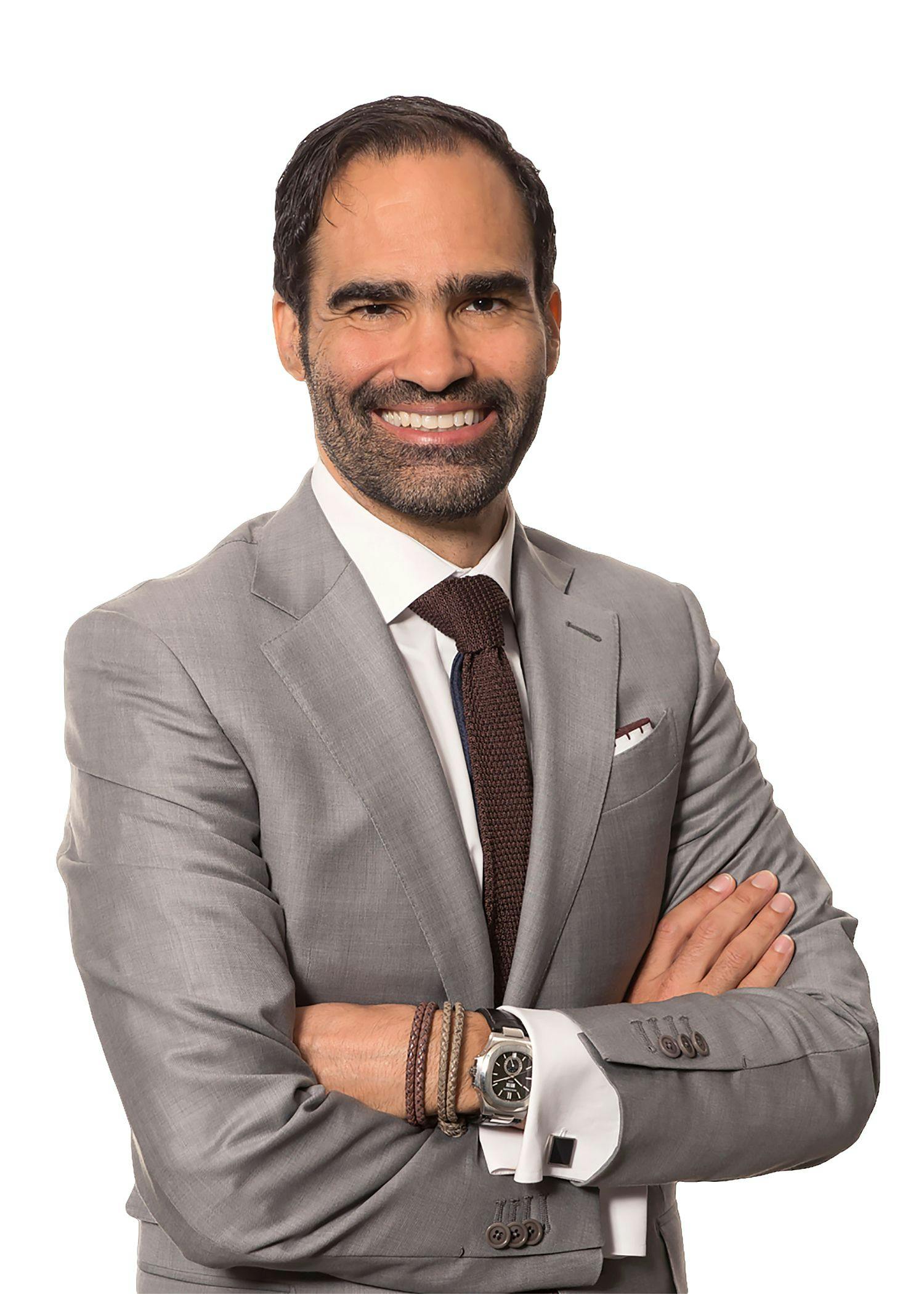Key Takeaways:#
The brands that manage to create a differentiated, innovative, and value-creating sustainable business model — rather than doing what everyone else does — will be winners in the future.
Before the pandemic, consumers would occasionally ask about a brand’s sustainability, but it would never lead to actions. But now, a dissatisfactory answer leads to the customer immediately leaving the store and never coming back.
When a customer believes a sustainability story, it doesn’t happen randomly. It only comes when a brand competitively benchmarks, strategizes, and masters its story delivery.
Every luxury brand on Earth is talking about sustainability, touching on it one way or another, regardless of the category. If you go on any luxury website, you will find a sustainability report, corporate social responsibility measures, and a commitment to do better over time.
This development is incredibly important, given that just a few years ago, sustainability was not atop of the list of priorities for many companies. Not so long ago, in late 2017, I was invited to give a keynote address at Politecnico Milano's Luxury Sustainability conference. I had just published a book chapter on the Luxury Sustainability Paradox arguing that combining luxury with sustainability is challenging due to the extreme nature of luxury products. I then stated that the brands who manage to create a differentiated, innovative, and value-creating sustainable business model — rather than doing what everyone else does — will be winners in the future.
My message was: play to win instead of playing to play. At that time, The Green Carpet Fashion Awards (GCFA) debuted in Milan in collaboration with Camera Nazionale Della Moda Italiana (CNMI). Dubbed the Oscars of Fashion, it was the first award show created to celebrate brands that were making breakthroughs in sustainability. And it’s important to remind ourselves that this is a very recent development.
Since then, a lot has happened. Hermès just announced an innovative handbag using mushroom-based leather, brands like Gucci have ceased using fur. Tesla now only uses vegan leathers. And blockchain and traceability have become new buzzwords and are almost all companies talk about now. In the beauty industry, the term “clean beauty” has become practically ubiquitous as a synonym for reducing the number of ingredients and eliminating anything that could cause any harm. Traditional carmakers are racing to keep up with Tesla’s lead in sustainable transportation. And even traditional brands like Bentley, who were never known for low-emission or gasoline-saving cars, but instead gas-guzzling, highly emotional, and meticulously crafted engines, now state an ambition to be a sustainability leader.
Even luxury watchmakers are caught up in this trend. When Cartier recently announced its iconic Tank watch now featured an innovative "Solarbeat" photovoltaic movement — via the claim it can convert light to power with solar panel-like elements in the watch face's Roman numerals — it laid claim to being a sustainability leader by eliminating the need for an electric watch winder.
These examples show how dramatically times have changed in just a few years. There is a new challenge for brands: Doing what everybody else does won’t create value – it merely allows a brand to catch up. Simply talking about sustainability — when consumers can sense that brands may have other objectives — will clearly decrease their trust. And for luxury, that is dangerous because the perception of a luxury brand's extreme value depends on the ability to innovate, influence, and inspire. More of the same or just “warm words” will not create extreme value. In other words, luxury brands should think more like Cartier by innovating rather than just stating they want to be a leader while, in reality, doing nothing.
Therefore, a different approach is needed on sustainability: looking for the competitive advantage (in other words, playing to win, as I stated earlier). Only if consumers perceive you as innovative and inspiring on sustainability will they see your brand as valuable in that arena. Leaders are not leaders by telling the world what it already knows. They are leaders by taking decisive action and risks, pushing the envelope, and innovating and inspiring.
In contrast, brands that tell their customers they "aspire" to be leaders in sustainability without a clear path they can perceive will do the opposite of creating value. Their message won't be seen as authentic or credible, which destroys brand equity instead of building it. This path should make luxury brands nervous now that sustainability is a critical component in the consumer decision-making process. Hence, strategic brand storytelling on sustainability is critical and should never be an afterthought for luxury brands.
I recall a recent conversation with the head of the Asia-Pacific region for a top-ten global fashion brand. He described the drastic consumer behavior shift in China that has taken place over the last few months regarding sustainability. He said that before the pandemic, consumers would occasionally ask about the sustainability of his brand. But the questions were sporadic and never led to actions. In other words, before the pandemic, even if the brand's store staff did not have a great answer on sustainability, people would still buy the bag, belt, or shoe.
But, over the past months, this behavior changed, according to him. With an increasing number of Gen-Z customers, a dissatisfactory answer leads to the customer immediately abandoning his or her purchase. People will turn around and leave the store and never come back. These are disruptive real-world behavior shifts occurring en masse for the first time in history. For many consumers, especially the young and affluent ones, sustainability is already a top criterion for purchasing. And a vague statement like, “yes, we are sustainable” or “we will be a leader in sustainability by 2030” means nothing to them and will even lead to them breaking up with the brand. Luxury is always about extreme value creation, and if there is no value, there is no brand equity for the customer.
When merging luxury with sustainability, the same rules apply to luxury as everything else. When a customer perceives a sustainability story, they must leave with their mind blown. That won't happen randomly. It will only come from competitive benchmarking, perfecting the brand strategy, and mastering the brand's story delivery, with the quality of the delivery depending on the sustainability story.
To be clear: when I talk about sustainability brand storytelling, I don’t mean fluffy marketing claims, "greenwashing," or generic statements. I mean actions that are deeply rooted in the philosophy and the purpose of the brand, driven by its core values and overall brand story. If my brand story is about romance, then the sustainability aspects have to create value on that precise dimension. Brand story and sustainability story have to go hand in hand in creating extreme value.
Yet, many luxury brands are far behind their potential in sustainability. Most brands I observe or audit do all the obvious things everybody brand is doing. While that is not wrong, per se, it only registers as expected. And when something is expected, it is priced in — meaning, there is no extra value created. Many luxury brands lose critical momentum — and even risk their future — by not innovating enough on sustainability and not telling a sustainability story well and differently.
Brands usually prefer to play it safe. But my take is that playing it safe is playing to lose. Inspiration has never come from playing it safe. Luxury brands want to create desire and entice Gen Zers and elder target groups to yearn for their products, but playing it safe will only lead to brand equity destruction — with a high degree of certainty.
But the brands that take bold risks and tell authentic, differentiating, and engaging sustainability stories through their actions will become the winners of the future. Are you playing to lose or playing to win?
Daniel Langer is CEO of the luxury, lifestyle and consumer brand strategy firm Équité, and the professor of luxury strategy and extreme value creation at Pepperdine University in Malibu, California. He consults some of the leading luxury brands in the world, is the author of several luxury management books, a global keynote speaker, and holds luxury masterclasses in Europe, the USA, and Asia. Follow @drlanger


